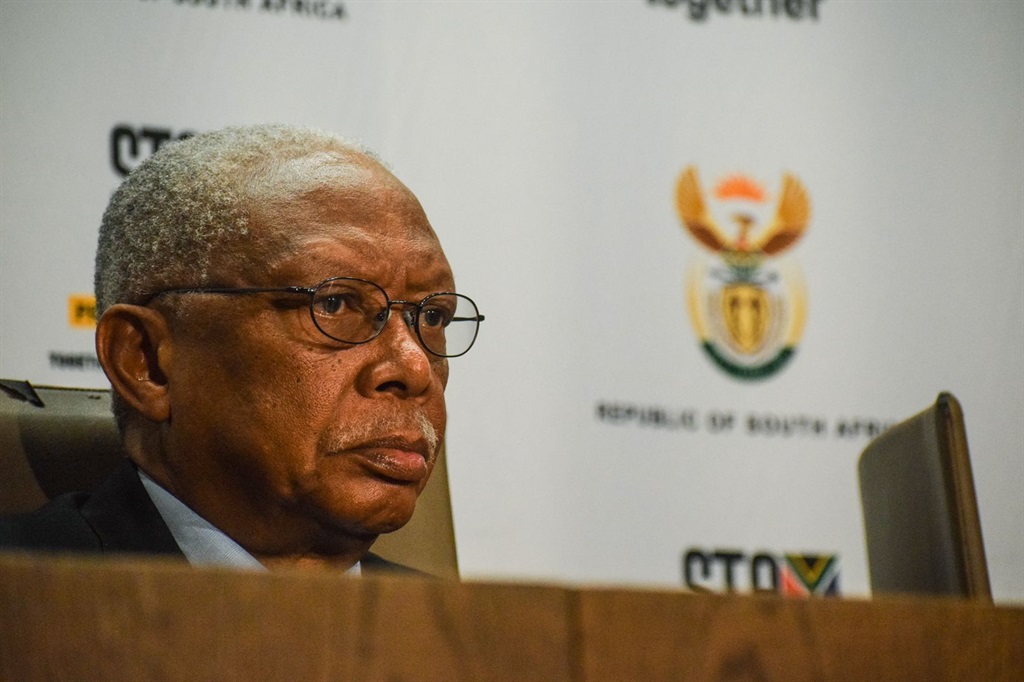
Civil society groups, human rights lawyers and activists have called on the health ombud and the department of health to initiate an inquiry into the systematic healthcare xenophobia in South Africa and to hold institutions and their management accountable.
In April, the Gauteng High Court upheld the right of all pregnant and lactating women and children under six, irrespective of nationality and documentation status, to access free health services at all public health establishments, including hospitals.
READ: Tambo Memorial Hospital still demands payment from foreign pregnant women, despite court ruling
Dr Jessica Rucell from the Sexual and Reproductive Justice Coalition (SRJC) said this ruling followed an application brought by SECTION 27 alongside women who had been denied access to such services. The application was supported by various amici curiae [a person or organisation not directly engaged in a case who advises the court]. The ruling reaffirms the rights set out in the Constitution, the National Health Act, and the Refugees Act.
Since the ruling, SRJC and other civil society organisations have received reports of various public health facilities (administrators and individual clinicians) demanding that pregnant migrant women pay to access services.
City Press has also carried various reports of pregnant migrants being demanded to pay hospital balances for giving birth at the facility. In other reports, women were turned away from hospitals or subjected to a variety of threats, said Rucell.
To be clear, Rucell adds, these practices are unlawful and illegal, and constitute unfair discrimination and human rights abuses.
Additionally, she said, Article 12 of the Convention on the Elimination of all Forms of Discrimination against Women emphasises that South Africa has an obligation to "take all appropriate measures to eliminate discrimination against women in the field of healthcare to ensure, on a basis of equality of men and women, access to healthcare services, including those related to family planning". Furthermore, South Africa as a signatory, "shall ensure to women appropriate services in connection with pregnancy, confinement and the postnatal period, granting free services where necessary, as well as adequate nutrition during pregnancy and lactation".
READ:Getting to know the new health ombud, Professor Taole Mokoena
"We are deeply concerned by recent reports that Gauteng Health continues to demand payment balances and that mothers and newborns have been detained after discharge from the postnatal ward at Tambo Memorial Hospital until they have been able to bribe the unit to let them go home. This extortion is a shame to OR Tambo's legacy," says Kayan Leung an attorney at Lawyers for Human Rights.
"In lower - and middle-income countries in Africa, such as Kenya and Nigeria, where protective laws have not been in place, both citizens and non-nationals have been forced to pay for maternity services. In some cases, mothers, unable to pay for childbirth, have been detained in hospitals, are made to work their debts off. South Africa's protection of all mothers prevents corruption and discrimination more generally," added Rucell.
She says to lay the blame on non-nationals who make up an estimated 6.5% of the overall population in South Africa is to ignore the role of the state in the systematic and structural erosion of the healthcare system.
"The idea that non-nationals are draining South Africa of its resources not only is unsubstantiated but also diverts us from addressing the real issues and looking for real responses.
"From the inception of our democracy, the government understood that healthcare services are essential to all people, especially pregnant women; and the government accordingly promulgated laws and introduced measures to provide free maternal and child health services," says Sibusisiwe Ndlela, attorney at SECTION27.
The groups have called on the health ombud to initiate an inquiry into these practices and to hold institutions and their management accountable. They want the assurance of the right to free basic healthcare services regardless of mothers' and children's race, colour or country of birth.




 Publications
Publications
 Partners
Partners









